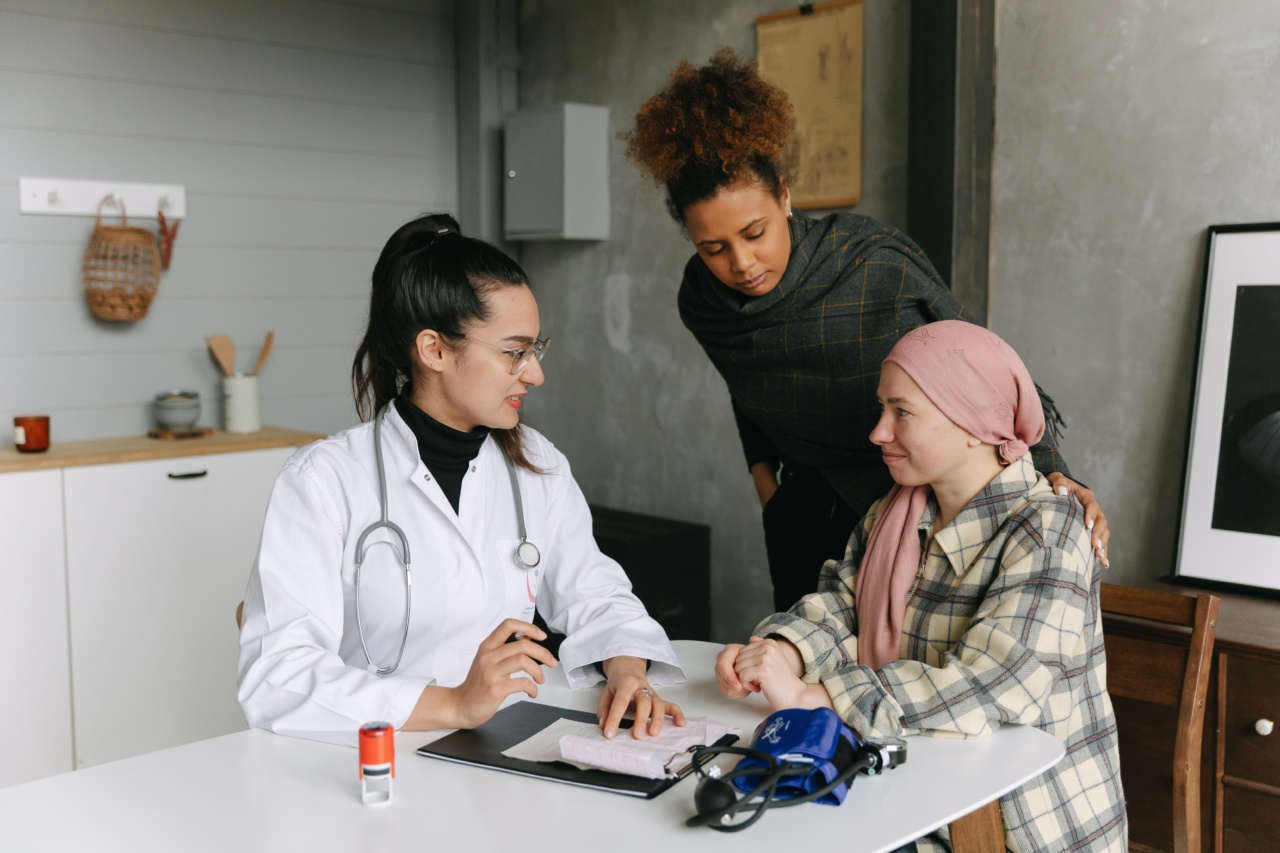Being diagnosed with cancer can be a devastating and life-changing experience. Many people are often scared, anxious, and unsure of what to expect when they receive their diagnosis.
Discussing cancer diagnosis with the viewers can help educate and inform them about the various aspects of this disease. Let’s look at some important topics to cover.
The Importance of Early Detection
Early detection is crucial to boosting cancer survival rates. Discussing how to detect cancer early through screening and self-examination can help viewers better understand the importance of seeking medical attention if they notice any abnormalities.
Early detection can also help clinicians provide effective treatment when cancer is discovered early on, increasing a patient’s chances of survival.
Treatment Options
It is crucial to discuss the different treatment options available to individuals diagnosed with cancer. This can include surgery, radiation therapy, chemotherapy, immunotherapy, and even complementary therapies like meditation or acupuncture.
Discussing these treatment options can help provide viewers with insight into the various choices available to them, as well as factors that may influence which treatment is right for them.
Side Effects and Symptom Management
While undergoing cancer treatment, individuals may experience side effects such as fatigue, nausea, pain, and loss of appetite.
Discussing these side effects and how clinicians can help manage them can provide comfort to patients and their families, knowing that treatments are available to improve quality of life. This topic is also an important consideration for viewers who may be wondering how they can support their loved ones during their cancer journey.
Coping Mechanisms and Support Systems
The emotional impact of a cancer diagnosis can be overwhelming. It is essential to discuss the different coping mechanisms and support systems available to patients and their loved ones.
This can include peer support groups, counseling, and other mental health services. It’s important to assure viewers that they are not alone and there is help available to them.
The Role of Nutrition and Lifestyle changes
Pay attention to the role their lifestyle choices play in affecting the development and progression of cancer.
Talking about the benefits of healthy eating, exercise, and lifestyle changes can help viewers prevent or manage cancer and improve their overall health.
Types of Cancer
It’s fundamental to discuss the various types of cancer, including common causes and how to recognize the symptoms. We need to keep in mind that cancer is not just one disease, but many different diseases that require different treatments.
Highlighting the differences between types of cancer can help reduce confusion and allow viewers to understand essential details on the disease’s nature.
The Importance of Emotional Support
It’s crucial to discuss the role of emotional support in managing cancer. Emotional support has been shown to reduce anxiety and depression levels in cancer patients.
Discussing this topic can help encourage viewers to reach out to their loved ones or seek emotional support from mental health professionals.
Myths and Misconceptions
There are still many myths and misconceptions associated with cancer.
We need to debunk some common myths, such as “cancer is contagious” or “cancer can only affect certain age groups.” Separating fact from fiction can help provide viewers with the essential information they need to effectively manage or prevent cancer.
Other Common Concerns
Finally, it is essential to open up avenues for discussion of other common questions or concerns viewers might have about cancer diagnosis, treatment and care.
These could range from financial concerns to navigating cancer care systems in their locality. Addressing common concerns related to cancer diagnosis & management can reassure viewers and alleviate their anxiety.
Conclusion
Overall, discussing cancer diagnosis with viewers is fundamental.
Through providing clear and informative information about cancer, treatment options, and support systems, we can help reduce fear and cultivate hope, providing support to patients and their loved ones as they navigate this challenging journey.




























